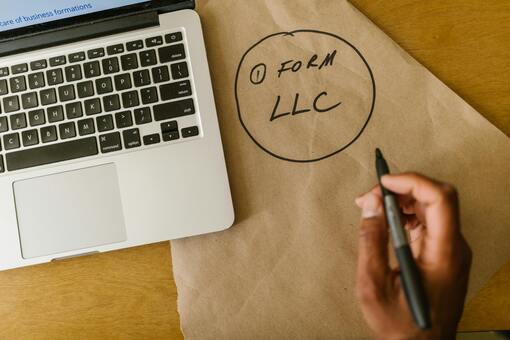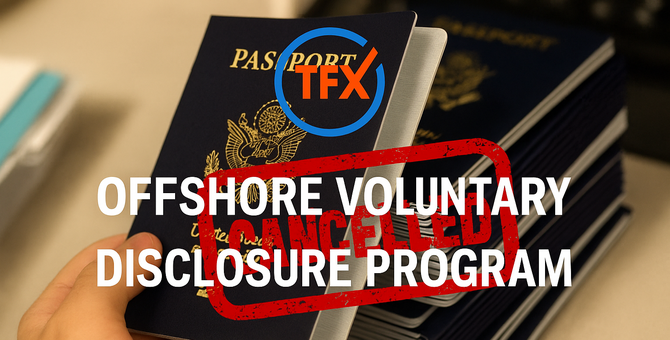Tax relief for Louisiana residents affected by seawater intrusion
The Internal Revenue Service (IRS) has announced tax relief measures for individuals and businesses in parts of Louisiana impacted by seawater intrusion.
Announcement overview
The IRS has declared that taxpayers affected by seawater intrusion in specific parts of Louisiana now have an extended deadline, until Feb. 15, 2024, to file various federal individual and business tax returns and make tax payments.
Filing and payment relief
Postponement period
The tax relief postpones various tax filing and payment deadlines from Sept. 20, 2023, through Feb. 15, 2024.
Consequently, affected individuals and businesses will have until Feb. 15, 2024, to file returns and pay any taxes originally due during this period.
Specific deadlines
The Feb. 15, 2024, deadline will now apply to:
- Individuals with a valid extension for their 2022 return set to expire on Oct. 16, 2023. However, tax payments related to these 2022 returns, which were due on April 18, 2023, are not eligible for this relief.
"So, this is more time to file, not to pay."
- Quarterly estimated income tax payments due on Jan. 16, 2024.
- Quarterly payroll and excise tax returns due on Oct. 31, 2023, and Jan. 31, 2024.
- Calendar-year corporations and tax-exempt organizations with 2022 extensions expiring between Oct. 16 and Nov. 15, 2023.
Additionally, penalties for failing to make payroll and excise tax deposits between Sept. 20 and Oct. 5, 2023, will be waived if deposits are made by Oct. 5, 2023.
Automatic relief and special circumstances
The IRS will automatically provide filing and penalty relief to any taxpayer with an IRS address of record located in the disaster area. These taxpayers do not need to contact the agency to avail this relief.
However, in unique situations where an affected taxpayer may not have an IRS address of record in the disaster area, they should contact the IRS immediately if they receive a late filing or payment penalty notice.
Also read - What Happens if You File Taxes Late
Additional tax relief
Disaster-related losses
Individuals and businesses in a federally declared disaster area with uninsured or unreimbursed disaster-related losses can choose to claim them on either the return for the year the loss occurred or the return for the prior year.
Taxpayers should mention the FEMA declaration number on any return claiming a loss.
Qualified disaster relief payments
Such payments are generally excluded from gross income. This means that affected taxpayers can exclude amounts received from a government agency for necessary expenses or for the repair of their home and its contents.
Retirement plans and IRAs
Taxpayers participating in a retirement plan or individual retirement arrangement (IRA) may be eligible for additional relief, such as special disaster distributions or hardship withdrawals.
Also read - Self-Directed IRA (SDIRA): Every Detail to Know
Future provisions and additional info
The IRS may provide further disaster relief in the future. The tax relief is part of a coordinated federal response based on local damage assessments by FEMA.
For more information on disaster recovery, taxpayers can visit DisasterAssistance.gov.



